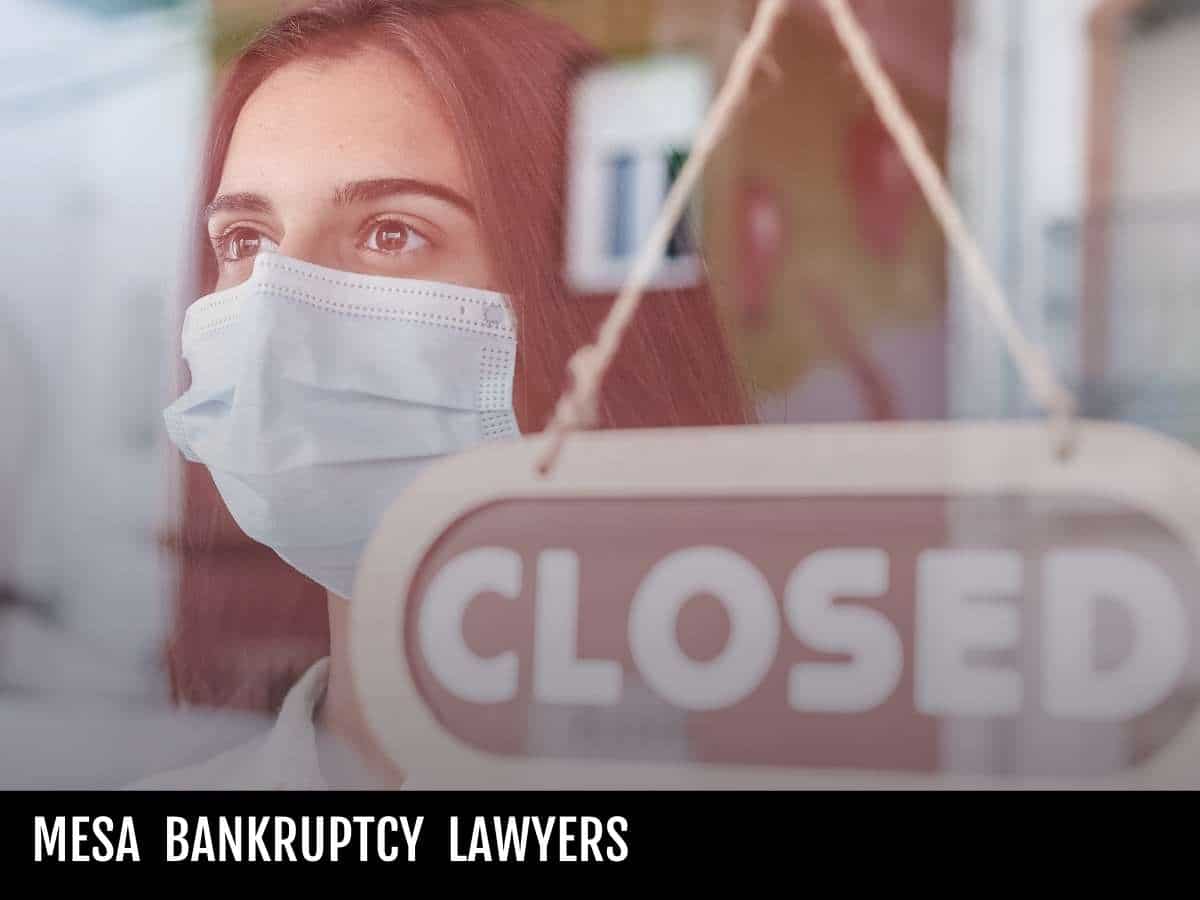An Influx of Business Bankruptcies in Arizona is on the Horizon
For most of 2020 so far, coronavirus has spread like wildfire. What originally was only a blip on the United States’ radar resulted in most states enacting quarantine and stay-at-home orders to slow the spread of the virus and “flatten the curve.” While stay-at-home orders are starting to expire or be loosened, business won’t be returning to normal any time soon. The coronavirus pandemic has caused production and supply chain issues. Some venues that do reopen will be forced to operate at limited capacity that will increase gradually as quarantine measures loosen. For example, gyms and restaurants will have to remove equipment and tables to maintain a 6 feet distance. Companies will also have to consider clients’ reluctance to come in immediately after quarantine is lifted, and employees’ similar reluctance and scheduling issues due to lack of childcare.
Although many businesses are receiving government relief, it won’t be enough to save some. If the economy doesn’t pick back up soon, businesses will have to consider bankruptcy as a method of dealing with mounting debts.
Business owners consider bankruptcy will have to decide between two chapters: Chapter 7 and Chapter 11. Chapter 7 is typically utilized by smaller businesses that intend to close and remain closed. It is especially useful for businesses where the company owner is personally liable for business debts. A Chapter 7 bankruptcy discharges most unsecured nonpriority debts. This means that the business owner will also be able to discharge personal debts, such as credit cards and medical bills, in the bankruptcy. There are income and asset value limits to file a Chapter 7 bankruptcy, but small business owners will likely qualify if their business is operating in the negative.
For larger businesses and those that wish to remain operating, Chapter 11 may be available to them. A Chapter 11 bankruptcy reorganizes a business’s debts so that paying them off is more feasible. In a Chapter 11 bankruptcy, the business owner will remain in control of day-to-day operations but larger decisions will have to be approved by the court. If you are a small business owner whose interest is piqued by a Chapter 11, proceed with caution.
The court filing fee for a Chapter 11 bankruptcy is $1,717 compared to only $335 in a Chapter 7. While it is almost always preferable to file with an attorney, it isn’t inconceivable to successfully discharge a Chapter 7 bankruptcy pro se, or without an attorney. Filing Chapter 11 without an attorney is nearly impossible, and the attorney’s fees will be much higher than in a Chapter 7. Unlike a Chapter 13 bankruptcy, which lasts 3-5 years, there is no set time frame for a Chapter 11 bankruptcy. A Chapter 7 bankruptcy typically lasts 3-5 months.
If you own a business that is struggling due to the pandemic, you don’t need to wait for quarantine orders to be lifted to get help. Our office is available for phone consultations that are free of charge. Our experienced attorneys can discuss your options, guide you through the bankruptcy process, and offer affordable payment plan options. Call today!







